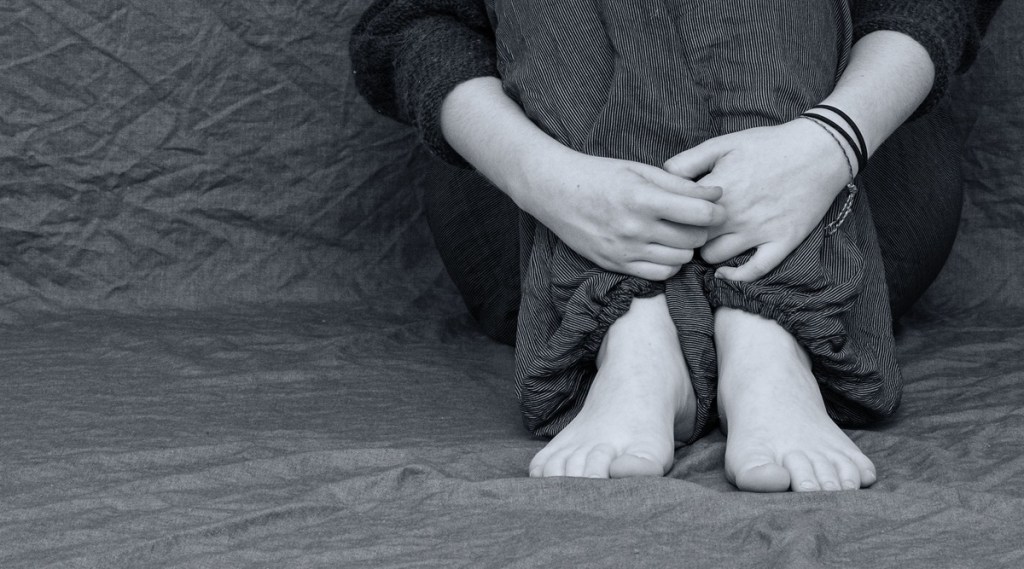The World Health Organization (WHO) has declared loneliness as a grave global health threat and it has a mortality effect equivalent to smoking 15 cigarettes a day. Last week, the global health agency announced a new Commission on Social Connection, to address loneliness as a pressing health threat.
According to a press statement, the commission will promote social connection as a priority and accelerate the scaling up of solutions in countries of all incomes.
The commission will be led by U.S. Surgeon General, Vivek Murthy, and the African Union youth envoy, Chido Mpemba — of 11 advocates and government ministers, including Ralph Regenvanu, Minister for Climate Change Adaptation in Vanuatu, and Ayuko Kato, Minister in-charge of measures for loneliness and isolation in Japan.
According to WHO, social isolation which means having an insufficient number of social connections, and loneliness and the social pain of not feeling connected, are widespread.
It is often assumed that isolation and loneliness primarily affect older people in high-income countries, the UN body reveals that they impact the health and well-being of all age groups across the world.
One in four older people experience social isolation and the rates are broadly similar in all regions, as per WHO. Among adolescents, between 5–15 percent experience loneliness, according to research findings. However, these figures are likely to be underestimations, it maintains.
“High rates of social isolation and loneliness around the world have serious consequences for health and well-being. People without enough strong social connections are at higher risk of stroke, anxiety, dementia, depression, suicide and more,” said WHO Director-General Dr Tedros Adhanom Ghebreyesus. “This WHO Commission will help establish social connection as a global health priority and share the most promising interventions.”
What is the impact?
According to WHO, lack of social connection carries an equivalent, or even greater, risk of early death as other better-known risk factors such as smoking, excessive drinking, physical inactivity, obesity, and air pollution.
“Social isolation also has a serious impact on physical and mental health; studies show that it has been linked to anxiety and depression and can increase risk of cardiovascular disease by 30 percent,” it added.
Morever, social disconnection also can lead to poorer education outcomes; young people experiencing loneliness in high school are more likely to drop out of university.
“It is evident that loneliness is directly linked to heightened stress responses, compromised immune function, cardiovascular disturbances, and an elevated vulnerability to chronic conditions. Loneliness is increasingly acknowledged as a potent risk factor, comparable to well-established determinants of health. This recognition underscores the urgent need for a global effort to address this multifaceted issue. A call to action is sounded at both clinical and societal levels,” Dr. Ashima Ranjan, Psychiatry, Yatharth Super Speciality Hospitals told Financial Express.com.
Creating more opportunities for social connection and interaction is seen as a crucial step in combating the severity of loneliness, Dr. Ranjan emphasised.
“The interconnectedness of mental and physical health is highlighted, urging collaborative efforts to cultivate a more socially connected and resilient world in response to the escalating severity of loneliness as a global health challenge,” she said.
What’s next?
The commission will hold its first leadership-level meeting from 6 to 8 December 2023. The first major output will be a flagship report released by the mid-point of the three-year initiative, it added.
“I am thrilled to work closely with an outstanding group of Commissioners on advancing social connection – a vital component of well-being. Together, we can build a world that is less lonely, healthier, and more resilient,” said U.S. Surgeon General, Dr Vivek Murthy. “Given the profound health and societal consequences of loneliness and isolation, we have an obligation to make the same investments in rebuilding the social fabric of society that we have made in addressing other global health concerns, such as tobacco use, obesity, and the addiction crisis.”

